GHAZIABAD, India: Nearly half of all children in India have early childhood caries (ECC), and research shows that reducing ECC incidence requires the participation of healthcare practitioners who work with children and caregivers. Researchers at Manav Rachna Dental College in the northern state of Haryana recently surveyed paediatricians to assess their perspectives and knowledge relating to oral care, and they found that older clinicians working in hospitals or universities had a more positive attitude towards paediatric dental care, and most respondents agreed that medical curricula should include more oral health education.
The study focused on paediatricians working in the western regions of the northern state of Uttar Pradesh, and it drew 600 respondents, who mainly worked in hospital or university settings. Nearly half had ten or fewer years of clinical experience.
The vast majority (87.00%) knew the correct age for a child's first dental visit and 83.57% accurately identified ineffective methods of alleviating teething discomfort. The primary causes of caries were recognised by 72.59%, and 85.59% understood the factors that contribute to bottle mouth caries. Gaps in knowledge were identified relating to the bacteria involved in bottle mouth caries and the critical pH level for tooth demineralisation, which was correctly identified by just 79.76%.
In the area of dental hygiene, 90.8% supported the inclusion of oral health education in medical curricula for children, and 81.8% recognised the need to educate healthcare providers about caries prevention and infant oral health. The vast majority (88.70%) favoured collaboration with paediatric dentists to combat ECC and advance children's oral health, and 95.74% agreed that their role in providing dental healthcare advice to parents was essential.
Discussing the results, the researchers highlighted “an encouraging pattern: a significant proportion of practitioners had deep expertise in critical facets of child dental treatment”. Nonetheless, they pointed out that just 80.05% of participants agreed with incorporating oral health check-ups into daily paediatric practice, indicating that integration of dental care into broader medical practice remains a topic of debate.
“The data underscores a commendable understanding and positive attitude toward the preventive aspects of dental health among participants. Yet, it also pinpoints areas, like knowledge about critical pH levels for tooth demineralisation, where continued education is imperative,” the researchers concluded.
The study, titled “Reconnoitering the dental knowledge and attitude of pediatricians in the Western Uttar Pradesh region of India, was published online on 10 May 2024 in Cureus.
Tags:
NEW DELHI, India: After opening 12 new clinics in a single day, Clove Dental, India’s largest dental chain, has attained an even more impressive ...
NAGPUR, India: The sheer number of dental colleges in India makes the country a global powerhouse in dental education, and efforts are underway to ensure ...
In the 1980s, Dr François Duret pioneered the integration of CAD/CAM technology into dentistry, introducing the revolutionary CEREC system. This marked the...
CAPE TOWN, South Africa: When it comes to paediatric dental care, the understanding of informed consent varies in different countries. Although the American...
NEW DELHI, India: New regulations for the dental profession in India will mean that all BDS graduates will have to pass a dental National Exit Test ...
Live webinar
Fri. 30 January 2026
4:30 pm IST (New Delhi)
Dr. medic. stom. Henriette Lerner
Live webinar
Fri. 30 January 2026
6:30 pm IST (New Delhi)
Univ.-Prof. Dr. Katrin Bekes MME
Live webinar
Fri. 30 January 2026
7:30 pm IST (New Delhi)
Live webinar
Fri. 30 January 2026
8:30 pm IST (New Delhi)
Prof. Dr. Falk Schwendicke MDPH
Live webinar
Fri. 30 January 2026
9:30 pm IST (New Delhi)
Univ.-Prof. Dr. Katrin Bekes MME, Nikolai van Blericq, Prof. Dr. Falk Schwendicke MDPH
Live webinar
Sat. 31 January 2026
12:30 am IST (New Delhi)
Dr. Anthony Viazis DDS, MS. Inventor & Founder of Fastbraces®
Live webinar
Wed. 4 February 2026
5:30 am IST (New Delhi)



 Austria / Österreich
Austria / Österreich
 Bosnia and Herzegovina / Босна и Херцеговина
Bosnia and Herzegovina / Босна и Херцеговина
 Bulgaria / България
Bulgaria / България
 Croatia / Hrvatska
Croatia / Hrvatska
 Czech Republic & Slovakia / Česká republika & Slovensko
Czech Republic & Slovakia / Česká republika & Slovensko
 France / France
France / France
 Germany / Deutschland
Germany / Deutschland
 Greece / ΕΛΛΑΔΑ
Greece / ΕΛΛΑΔΑ
 Hungary / Hungary
Hungary / Hungary
 Italy / Italia
Italy / Italia
 Netherlands / Nederland
Netherlands / Nederland
 Nordic / Nordic
Nordic / Nordic
 Poland / Polska
Poland / Polska
 Portugal / Portugal
Portugal / Portugal
 Romania & Moldova / România & Moldova
Romania & Moldova / România & Moldova
 Slovenia / Slovenija
Slovenia / Slovenija
 Serbia & Montenegro / Србија и Црна Гора
Serbia & Montenegro / Србија и Црна Гора
 Spain / España
Spain / España
 Switzerland / Schweiz
Switzerland / Schweiz
 Turkey / Türkiye
Turkey / Türkiye
 UK & Ireland / UK & Ireland
UK & Ireland / UK & Ireland
 International / International
International / International
 Brazil / Brasil
Brazil / Brasil
 Canada / Canada
Canada / Canada
 Latin America / Latinoamérica
Latin America / Latinoamérica
 USA / USA
USA / USA
 China / 中国
China / 中国
 Pakistan / Pākistān
Pakistan / Pākistān
 Vietnam / Việt Nam
Vietnam / Việt Nam
 ASEAN / ASEAN
ASEAN / ASEAN
 Israel / מְדִינַת יִשְׂרָאֵל
Israel / מְדִינַת יִשְׂרָאֵל
 Algeria, Morocco & Tunisia / الجزائر والمغرب وتونس
Algeria, Morocco & Tunisia / الجزائر والمغرب وتونس
 Middle East / Middle East
Middle East / Middle East
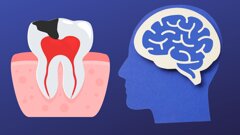
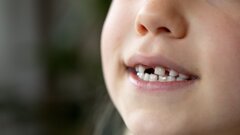
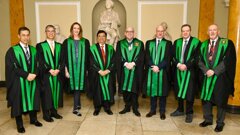
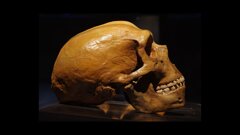





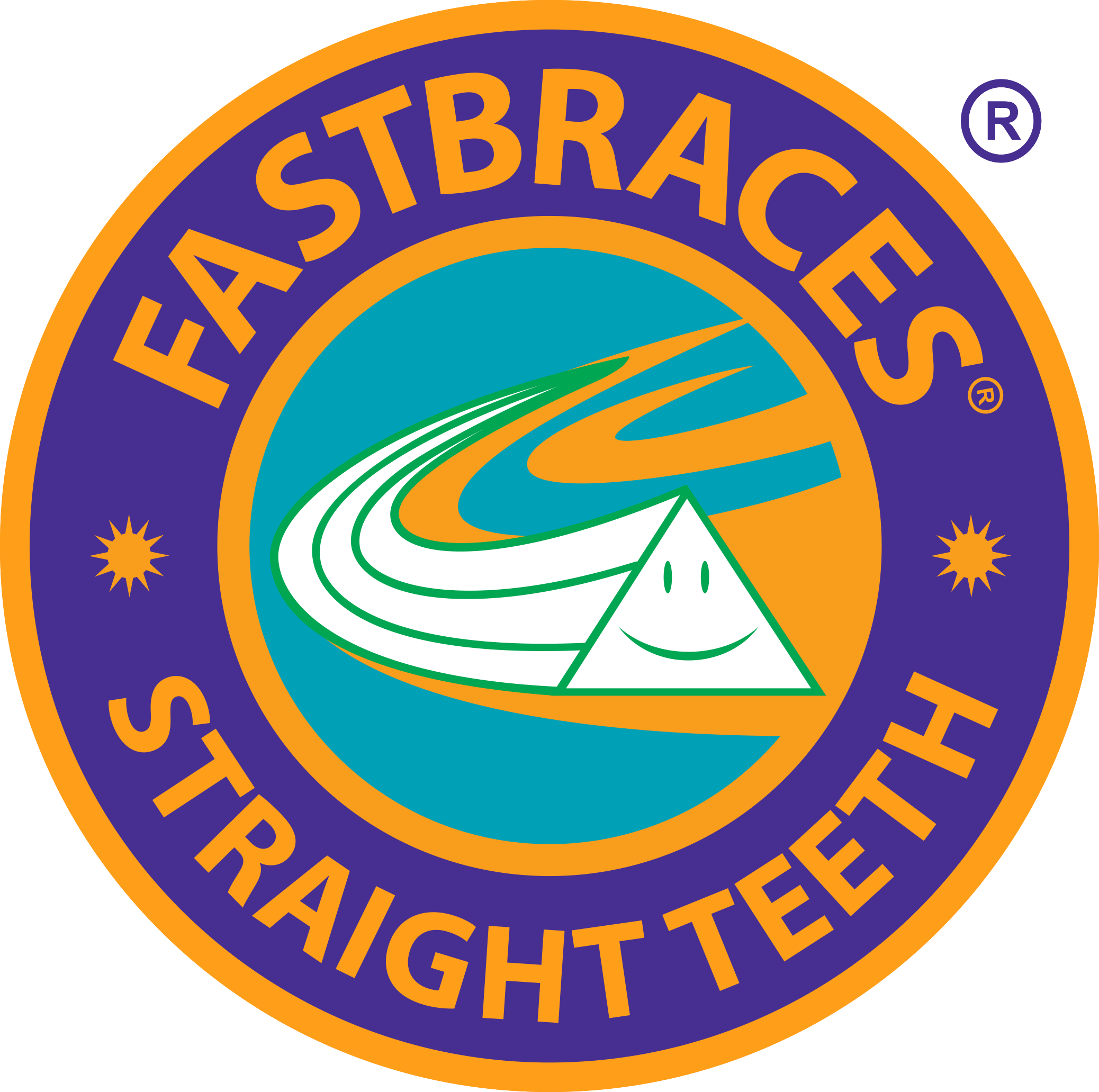

















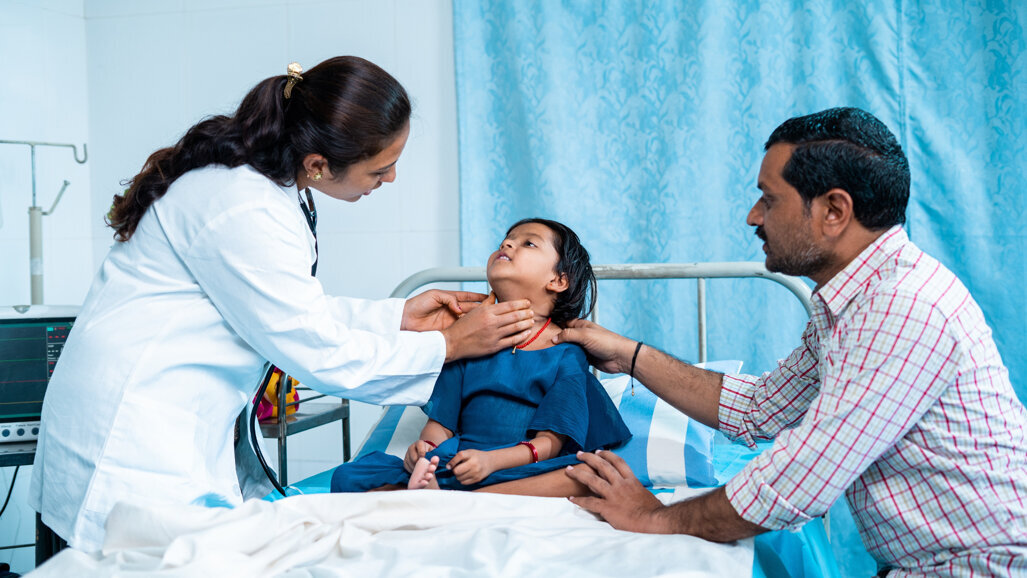



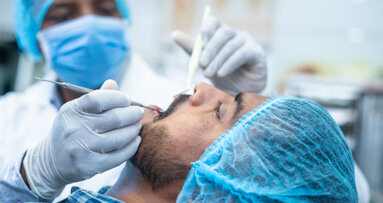
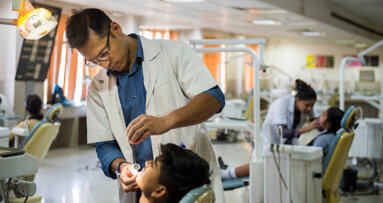
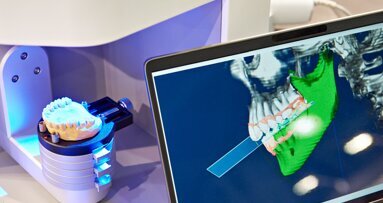

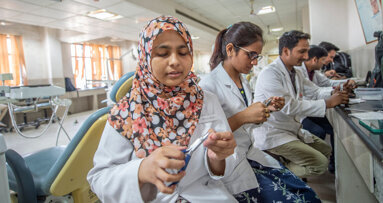
















To post a reply please login or register